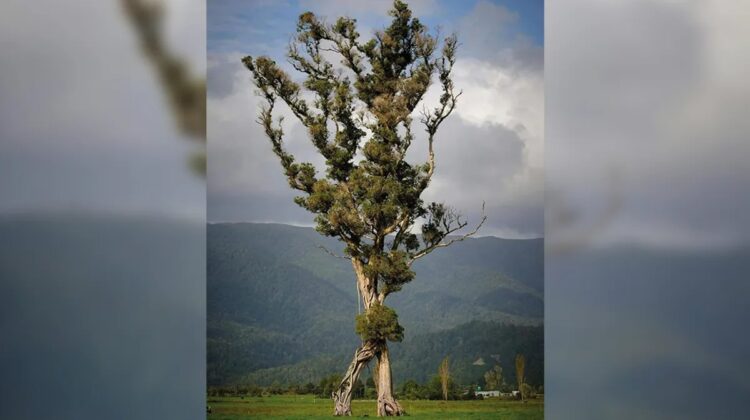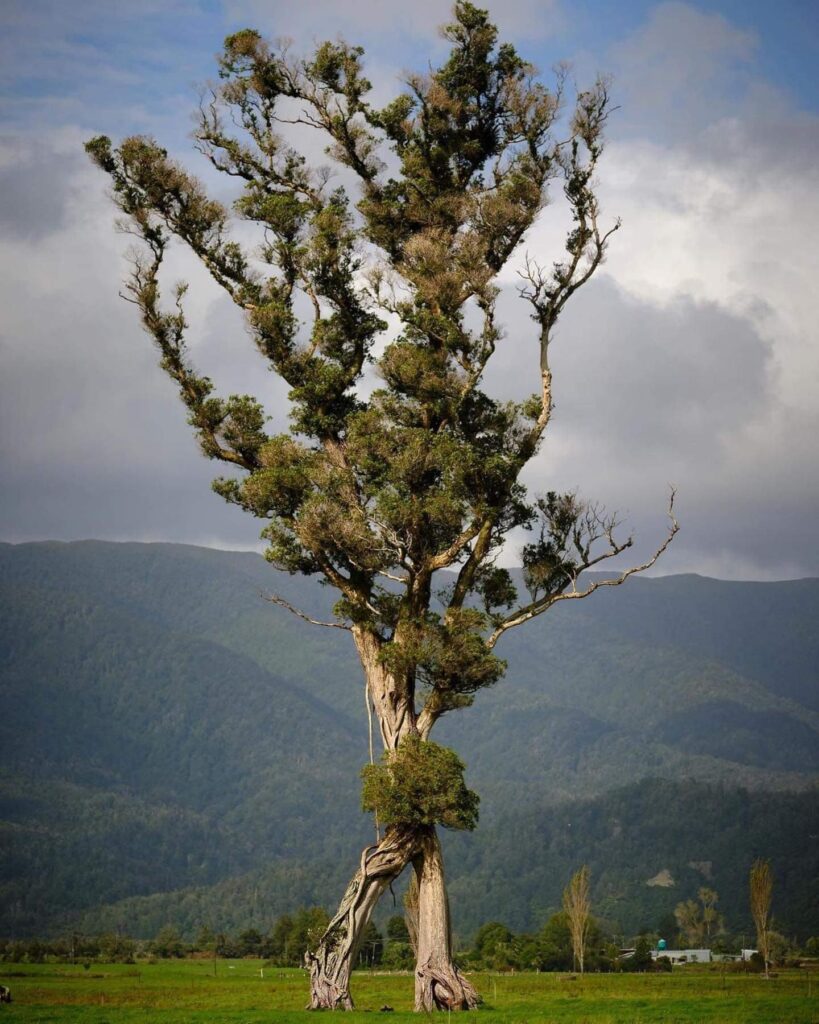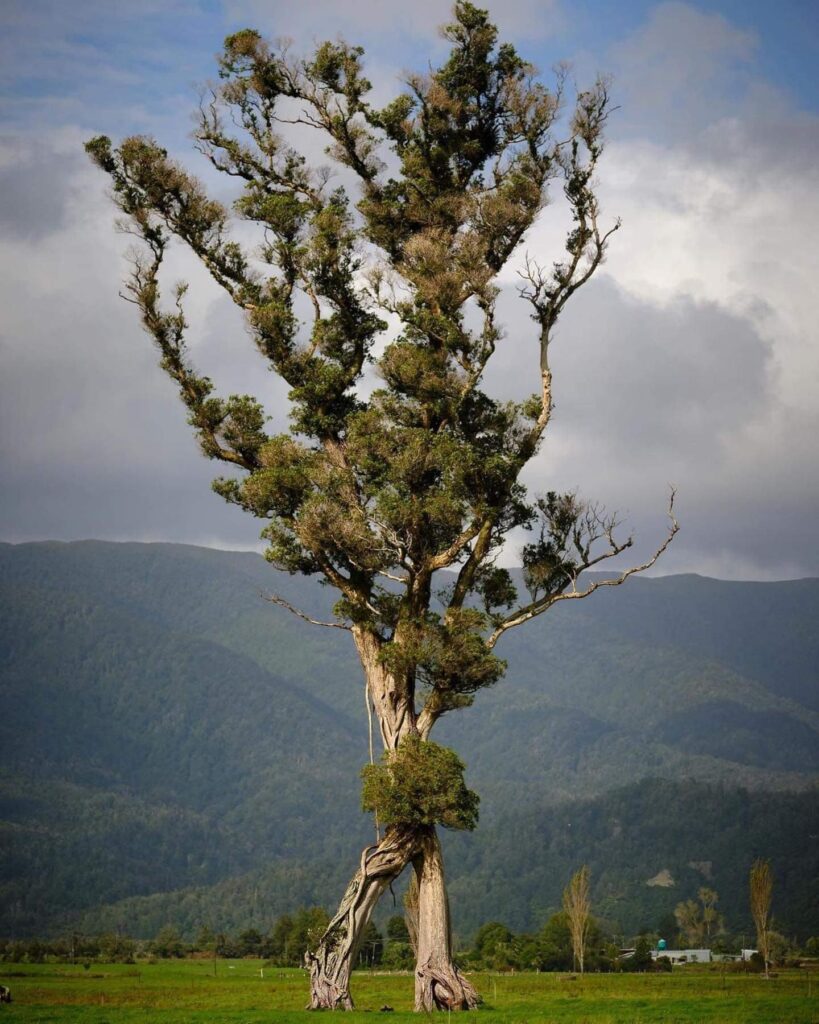
It bears a striking resemblance to the sentient, tree-like creatures from The Lord of the Rings.
A wards season in Hollywood might be over, but the most important competition of the year has just announced its winner – and it looks straight out of Tolkien’s Middle-earth.
The competition in question is New Zealand’s Tree of the Year, and the winner is a uniquely shaped northern rātā, one of the country’s tallest flowering trees. Its towering height is impressive as it is, but the tree’s unusual twin trunks are separated such that it looks as though it’s walking – and in high heels. Slay.

Though Tolkien didn’t mention anything about them wearing stilettos, the northern rātā’s unique appearance has been compared to Ents, the sentient tree-like creatures from The Lord of the Rings and has earned it the nickname “The Walking Tree”.
But while Ents are protective of the plants they resemble, the northern rātā isn’t quite so nice to its fellow trees. It starts life as an epiphyte, a type of plant that grows on the surface of another tree. Although it doesn’t get its nutrients from the host – that would make it a parasite – the northern rātā’s roots grow towards the ground, and eventually, it envelops its host.
It’s that process that may be responsible for the winner’s unusual, forked trunk. “That host tree has now gone. Maybe the tree was either very, very big, or there may have been another tree that fell and lent against the host tree, and that’s why the roots have split near the ground and given it that walking appearance,” Brad Cadwallader from the New Zealand Arboricultural Association (NZ Arb), which organizes the competition, told Radio New Zealand.

Like Treebeard, the leader of the Ents in Tolkien’s novels, northern rātā can also reach an impressive age, with the potential to live up to 1,000 years. Though it’s not known exactly how old the winning tree is, it very nearly met its end 150 years ago when the area it’s found in, near Karamea on the South Island, was cleared to make way for farmland.
“The farming family back then clearly thought it was special because they left it,” said Cadwallader.
It seems people today still think it’s special too, with the walking tree having run away with 42 percent of the vote to secure its victory. That being said, the other finalists are also pretty striking, with many both popular for their appearance and their connections with the local people.

“The Walking Tree is a prime example of the remarkable trees that we, as New Zealanders, are fortunate to experience,” said Richie Hill, president of NZ Arb, in a statement. “This award recognizes the significant role that trees play within our communities, not only enhancing our local environments but also providing a sense of place for past, present, and future generations.”

Leave a Reply